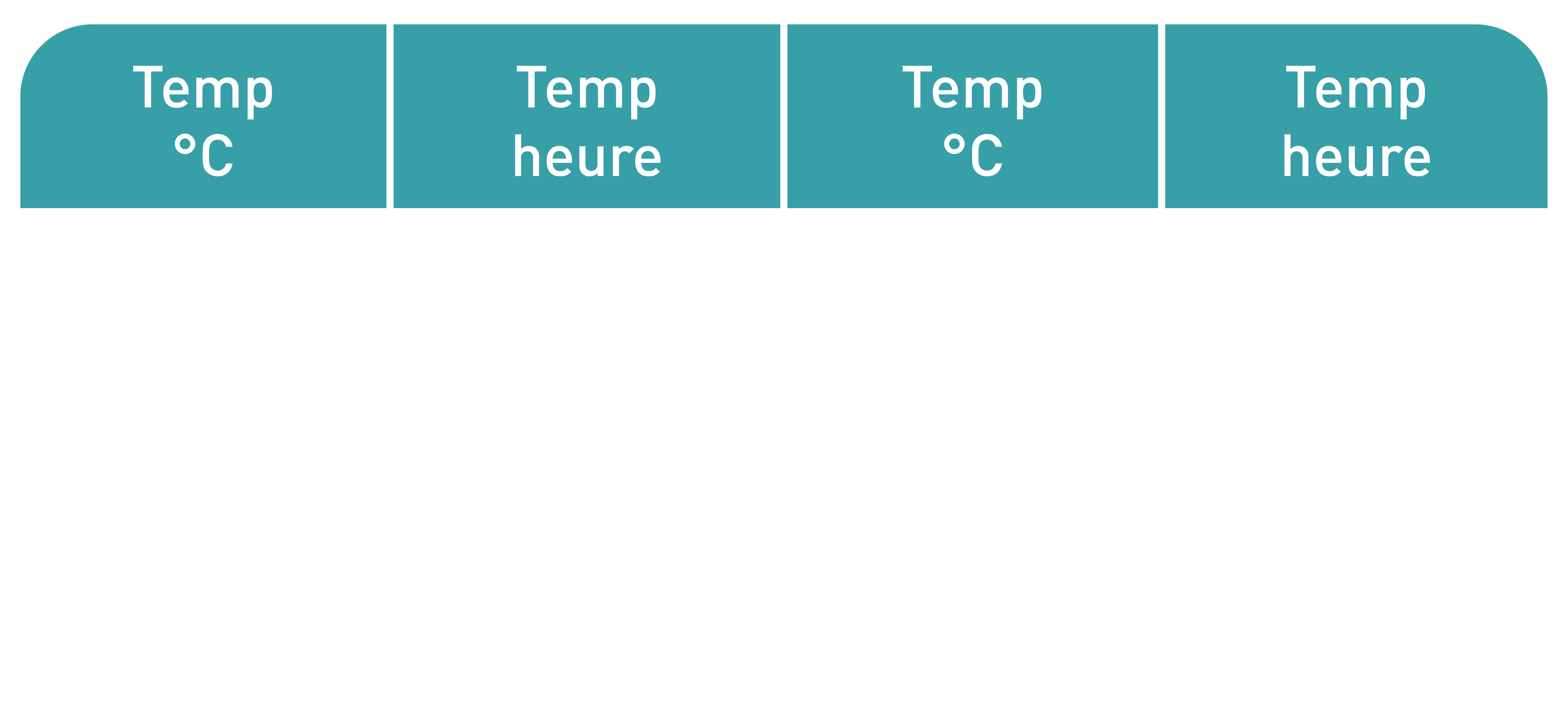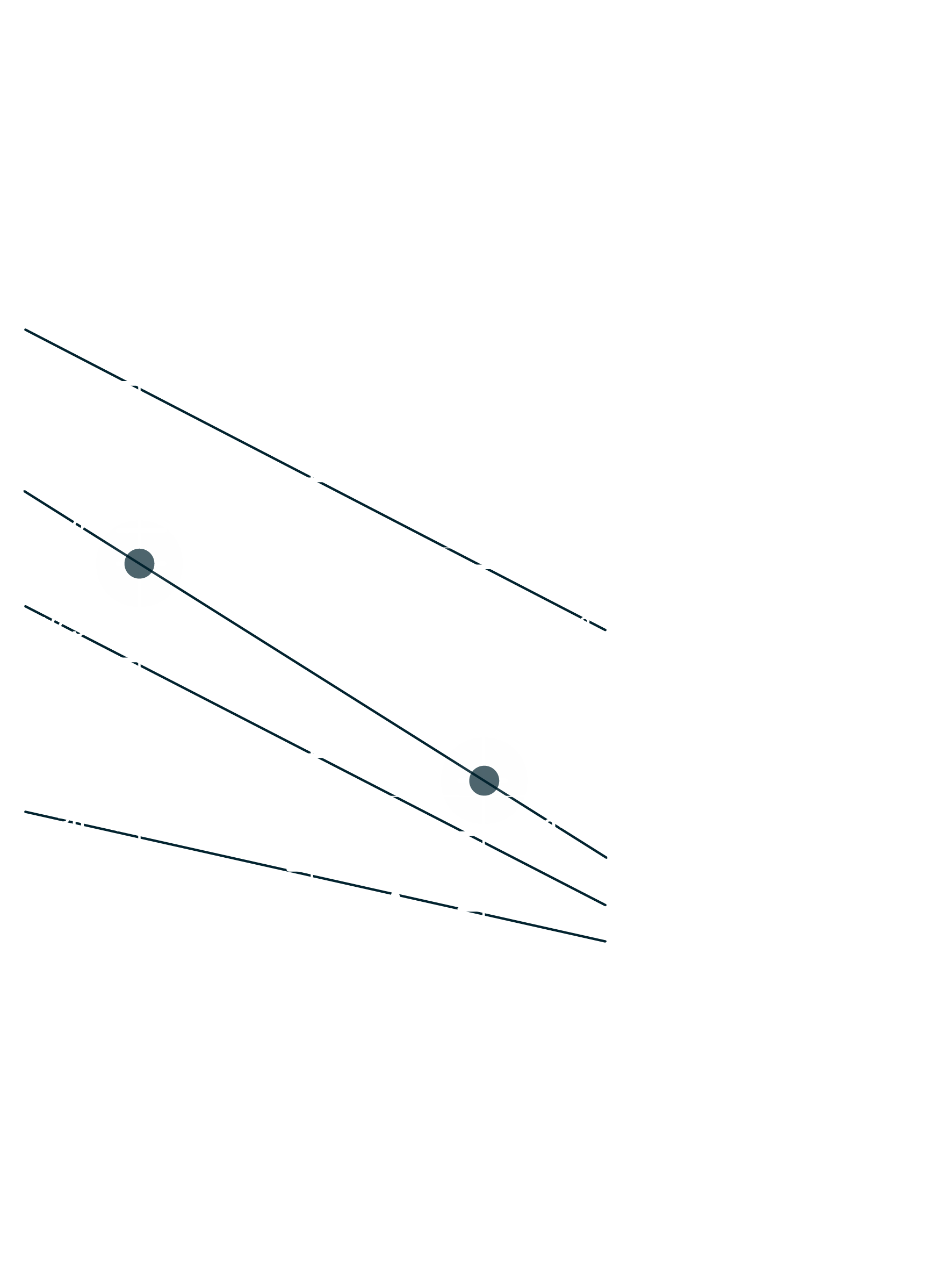Water, a living environment, in constant evolution
Water, a living environment, in constant evolution
What is water?
Water is made up of multiple elements (calcium, magnesium, sodium, sulphate…) which try to remain in balance. In a swimming pool, this balance will be upset by various factors:

Organic waste brought by swimmers (sweat, perspiration, saliva, urine, beauty products, sun cream, etc) and other wastes coming from the outside environment (dust, pollen, insects, leaves, etc). All of this waste is the food of micro organisms.

Micro organisms: algae, moss, bacteria, mushrooms, viruses… For this reason, swimming pool water that is not maintained will stagnate (green or cloudy water, development of algae, etc). This is a visual result and indication of the development of micro organisms.
What is water?
Water is made up of multiple elements (calcium, magnesium, sodium, sulphate…) which try to remain in balance. In a swimming pool, this balance will be upset by various factors:

Organic waste brought by swimmers (sweat, perspiration, saliva, urine, beauty products, sun cream, etc) and other wastes coming from the outside environment (dust, pollen, insects, leaves, etc). All of this waste is the food of micro organisms.

Micro organisms: algae, moss, bacteria, mushrooms, viruses… For this reason, swimming pool water that is not maintained will stagnate (green or cloudy water, development of algae, etc). This is a visual result and indication of the development of micro organisms.

The importance of filtration
Filtration circulates the water in the swimming pool and filters solid impurities.
A correctly sized filtration system is essential (pump flow, filter size, etc).
This initial treatment covers about 80% of maintenance effectiveness.
The filtration time must be proportional to the temperature.
As the temperature increases, the filtration time necessary also increases.
The table below will help you choose the suitable filtration time.

Filtered water looks clean and pleasant but it can still contain invisible particles.
The best filtration system cannot deal with micro organisms: algae, bacteria, viruses, mould, etc.
Pool water thus requires additional treatment: disinfection.

The importance of filtration
Filtration circulates the water in the swimming pool and filters solid impurities.
A correctly sized filtration system is essential (pump flow, filter size, etc.).
This initial treatment covers about 80% of maintenance effectiveness.
The filtration time must be proportional to the temperature.
As the temperature increases, the filtration time necessary also increases.
The table below will help you choose the suitable filtration time.

Filtered water looks clean and pleasant but it can still contain invisible particles.
The best filtration system cannot deal with micro organisms: algae, bacteria, viruses, mould, etc.
Pool water thus requires additional treatment: disinfection.

Water disinfection
Disinfection removes micro-organisms (algae, bacteria, molds, viruses, etc) from the swimming pool.
The resulting water is healthy and clean for swimming. Disinfection may be done as follows:
Automatic systems have the advantage of continuous treatment without requiring user intervention.
There are different automatic systems on the market:

Water disinfection
Disinfection removes micro-organisms (algae, bacteria, molds, viruses, etc.) from the swimming pool.
The resulting water is healthy and clean for swimming. Disinfection may be done as follows:
Automatic systems have the advantage of continuous treatment without requiring user intervention.
There are different automatic systems on the market:
The advantage of saltwater chlorination over other systems is that it produces the most effective disinfectant: chlorine.
Chlorine has two advantages: not only does it disinfect the water (curative action) but it also makes the water a disinfectant itself (preventative action). Other technologies (UV, ozone, copper/silver ionisation) are simply curative action. In swimming pools these treatment systems request additional chemical products to make the swimming pool water a disinfectant.
The advantage of saltwater chlorination over other systems is that it produces the most effective disinfectant: chlorine.
Chlorine has two advantages: not only does it disinfect the water (curative action) but it also makes the water a disinfectant itself (preventative action). Other technologies (UV, ozone, copper/silver ionisation) are simply curative action. In swimming pools these treatment systems request additional chemical products to make the swimming pool water a disinfectant.
Balanced water, for guaranteed tranquillity
Balanced water, for guaranteed tranquillity

Water balance
Water balance depends on three elements:
The balance of these three parameters is essential to the swimming pool water quality as well as to the performance and lifetime of swimming pool equipment. Water that is too soft will be aggressive and corrosive to the equipment (filters, pumps, pipes, etc). Hard water, on the other hand, will deposit scale on the pipes, on the swimming pool lining and in the sand filters. These three elements can be balanced using the Taylor scale.


Water balance
Water balance depends on three elements:
The balance of these three parameters is essential to the swimming pool water quality as well as to the performance and lifetime of swimming pool equipment. Water that is too soft will be aggressive and corrosive to the equipment (filters, pumps, pipes, etc). Hard water, on the other hand, will deposit scale on the pipes, on the swimming pool lining and in the sand filters. These three elements can be balanced using the Taylor scale.


Hard water and polarity inversion

Hard water and polarity inversion
From 20° of total hardness (TH), water is considered as hard.
This is often the case in France where two thirds of the ground is limestone based. Hard water causes considerable scaling of the chlorination cell. This implies regular checks and tedious cleaning.
To overcome this problem, POOL TECHNOLOGIE has equipped all of its chlorinators with polarity reversal.
Polarity inversion allows to clean automatically the chlorination cell (every four or six hours depending on the model). POOL TECHNOLOGIE has taken one step further: to adapt the regularity of polarity reversal to the water in your swimming pool,some models feature an adjustable polarity reversal frequency from 0 to 24 hours. The harder the water,the higher the inversion frequency must be.
The greater the hardness of the water, the greater the reversal frequency should be. The adjustment must be done carefully: the reversal frequency has an affect on the cell lifespan.
From 20° of total hardness (TH), water is considered as hard.
This is often the case in France where two thirds of the ground is limestone based. Hard water causes considerable scaling of the chlorination cell. This implies regular checks and tedious cleaning.
To overcome this problem, POOL TECHNOLOGIE has equipped all of its chlorinators with polarity reversal.
Polarity inversion allows to clean automatically the chlorination cell (every four or six hours depending on the model). POOL TECHNOLOGIE has taken one step further: to adapt the regularity of polarity reversal to the water in your swimming pool,some models feature an adjustable polarity reversal frequency from 0 to 24 hours. The harder the water,the higher the inversion frequency must be.
The greater the hardness of the water, the greater the reversal frequency should be. The adjustment must be done carefully: the reversal frequency has an affect on the cell lifespan.
